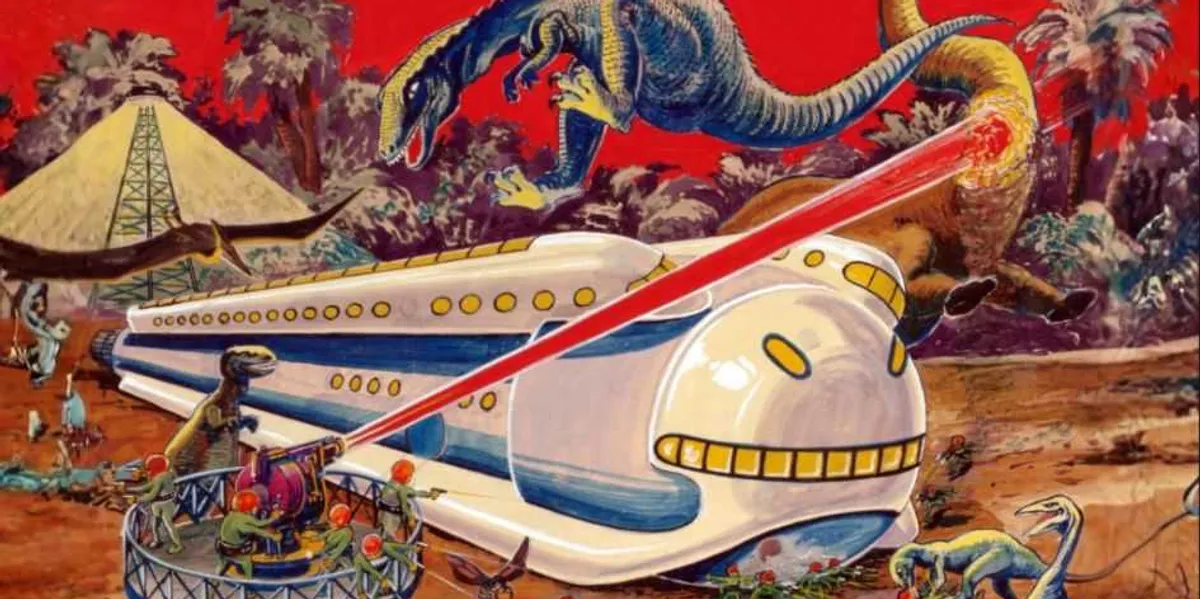

Once upon a time, science fiction was a brand-new, chrome-shiny phenomenon rocketing across the sky of the American pulp fiction scene.
As the borderlines of the Industrial Age were just beginning to blur against those of the incoming Information Age, early sci-fi envisioned societies, worlds, and even whole universes filled with possibilities. Action and adventure, intrigue and mystery, horror, romance, humor … you could get it all within the pages of the latest edition of your favorite science fiction magazine.
The science fiction I read today — and I do read a ton of it — is mostly bleak and drab and too often just really sad.
Rockets, robots, ray guns
The magazine titles themselves – Amazing Stories, Fantastic Mysteries, Astounding Stories, If: Worlds of Science Fiction — were a good clue. And if ever there was a time to judge a book by its cover, you could feast your eyes on plenty of rockets, ray-gun-wielding cheesecake girls, and delightfully clunky robots (pronounced ROW-BUTTS, for you science fiction radio neophytes out there).
Fantastical machines driven by atomics and imagination whirred and ground within the frameworks of massive Earth-built spaceships — said ships filled with men bent on surviving each harrowing encounter with alien monsters so as to be there for the next one. Often as not, there’d be one woman aboard, as well, to be the love interest for the main character (she was usually the captain’s daughter, too, and thus forbidden fruit).
But hey, maybe early military sci-fi wasn’t your thing. That was okay, because you could flip through a few pages, pass an ad telling you why your doctor probably recommended Camel cigarettes above all others, and step into some post-atomic-war scenario where the mutants are on our hero’s tail. Or perhaps you’d seek out the story where a band of intrepid big-game hunters time-travel back to go on a dinosaur safari.
This was the golden age of science fiction, and depending on who you ask, it lasted until maybe the 1980s, when it began to be subsumed in popular media by new forms such as the techno thriller (con grazie, Michael Crichton) and when most of the remaining energy from this multimedia juggernaut filtered upward into giant television and movie vehicles — most notably "Star Trek: The Next Generation" and "Star Wars."
Stardate: 1966
Now, if you’ve read this far, you’re clearly just fine with a gross amount of oversimplification. That’s good — I like you. So let’s keep it going as we round the third corner into my actual point.
Somewhere along the line, things in science fiction started getting sociopolitical. And at first, that wasn’t so bad. "Star Trek: The Original Series" (the 60s-era "Trek" upon which later installments of the franchise was based) tackled issues like racism, sexism, and the futility of war. By the time its successor show came around, writers and producers were tackling sticky issues of the day like racism, sexism, the futility of war, and (kind of) the then-nascent sociopolitical honey trap of transsexualism.
Meet the future
Centuries changed.
In the wake of Y2K’s sputtering burp of a soliloquy on mankind’s technological Tower of Babel not coming down after all — and, of course, a couple of real towers coming down in horrifying and history-altering fashion — Americans moved into a new age without really realizing it. It was (and still is) an age of realized technology, where internet reached far more functional speeds, supercomputers began fitting in our pockets, electric cars became a real thing, rockets started going into space for fun again, and social media introduced a whole new way for humanity to wage war against itself.
In short, we finally had almost everything the golden age of science fiction dared us to dream about.
Planet Pronoun
And then, along came wokeness.
Far be it from me to lay before you here a comprehensive history of what that has meant for society so far. I am unqualified to do so, and my guess is you’re aware of most of it. But perhaps one of the lesser-known zones of infection for the aptly named woke mind virus is almost the entire world of science fiction.
Woke got "Star Wars." Woke got "Star Trek." Woke got other movies and television series. And hey, remember all those words ago when we were talking about science fiction magazines? Many of them are still around … and woke got them too. If you check out Asimov’s, or Clarkesworld, or Escape Pod, or any of the dozens of sci-fi magazines still extant out in the pulp literary world, I’m going to give you about an 85%-90% chance of primarily encountering tales tied directly to identity politics. It has very nearly completely captured the industry.
RELATED: All good sci-fi is religious
 CBS Photo Archive/Getty Images
CBS Photo Archive/Getty Images
And let me be clear: It’s not my intention to suggest that the pronoun folk shouldn’t have a seat at the sci-fi table — if anything, many of the things they have to say in their stories probably belong in that genre more than just about any other.
But I also think that — particularly on the conservative end of the sociopolitical spectrum and increasingly on the liberal end — we have to face the fact that "intersectional" thinking at large and wokeism in particular are breeding grounds for many of the darker things humanity is capable of creating. The science fiction I read today — and I do read a ton of it — is mostly bleak and drab and too often just really sad. This is not to say there aren’t some phenomenal woke writers — I encounter them frequently. But you can be a great writer and still depress your reader to no end. Just ask John Steinbeck.
 Author Josh Jennings and his book, 'Space Tractor." Getty Images/Josh Jennings
Author Josh Jennings and his book, 'Space Tractor." Getty Images/Josh Jennings
'Tractor' beam
A few years ago I found — at random — a science fiction masterpiece called "The Lost Sci-Fi Podcast." It’s a professional recapturing of the golden age of science fiction, and it’s been delighting me ever since by taking me back to when science fiction wasn’t just well written; it was well intentioned, in most cases. As a reader and listener, I can feel it feeding the fertile ground of my imagination, while also often inspiring me to have hope for the future of humanity … and spurring me to do my part in creating that future.
As a writer, I am inspired to make sure that we Americans can experience a new golden age of science fiction. To that end, I’ve made a modest contribution in the form of my new book: "Space Tractor and Other Science Fiction Short Stories." It came out October 16, on my birthday. If you’re like me and you miss that bygone era — but you’d also like something with modern flavor to it — well … I would humbly submit that my book might be just what you’re looking for.
From space battles to alien abductions, from blasted post-apocalyptic wastelands to colonized asteroids with farmers running drugs (as in the title story), from alien villagers’ concept of the afterlife coming true to planets that can fit inside your pocket … this book truly has something for everyone.
Except maybe the pronoun people — although I hope you can find something you like, too.
Read an excerpt of "Space Tractor" here.
.png)
 5 hours ago
1
5 hours ago
1
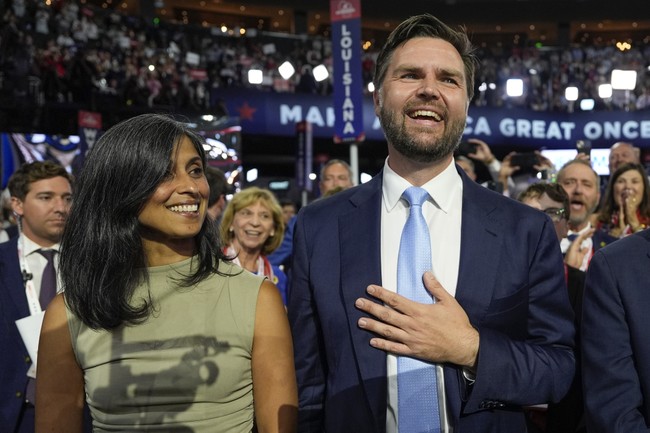
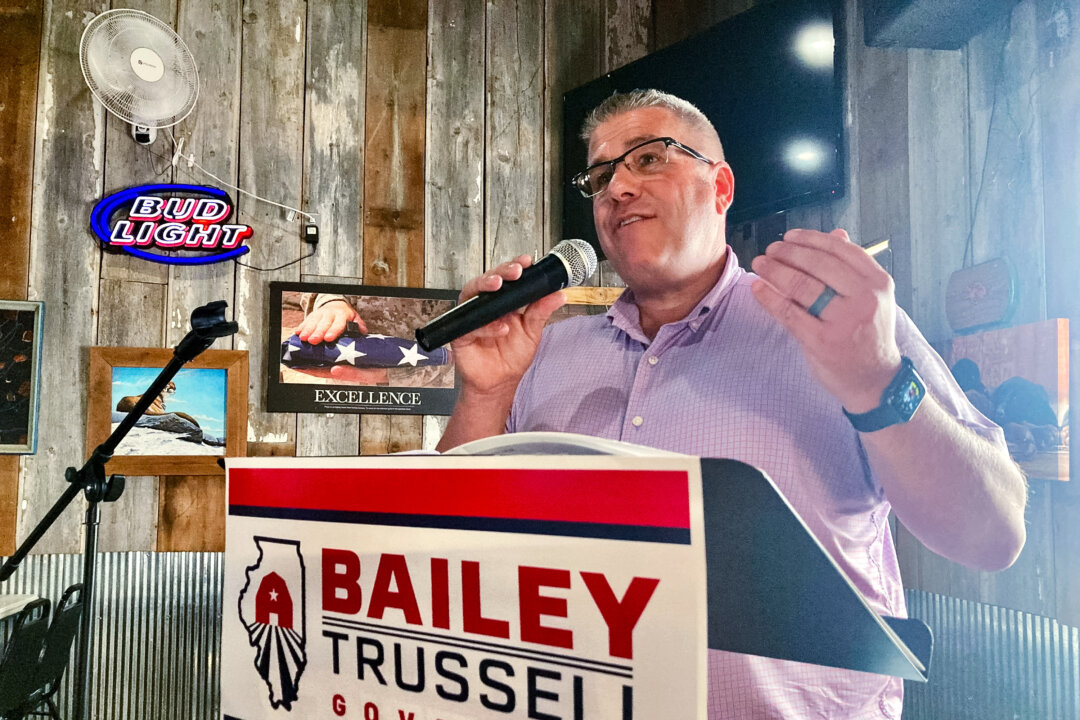





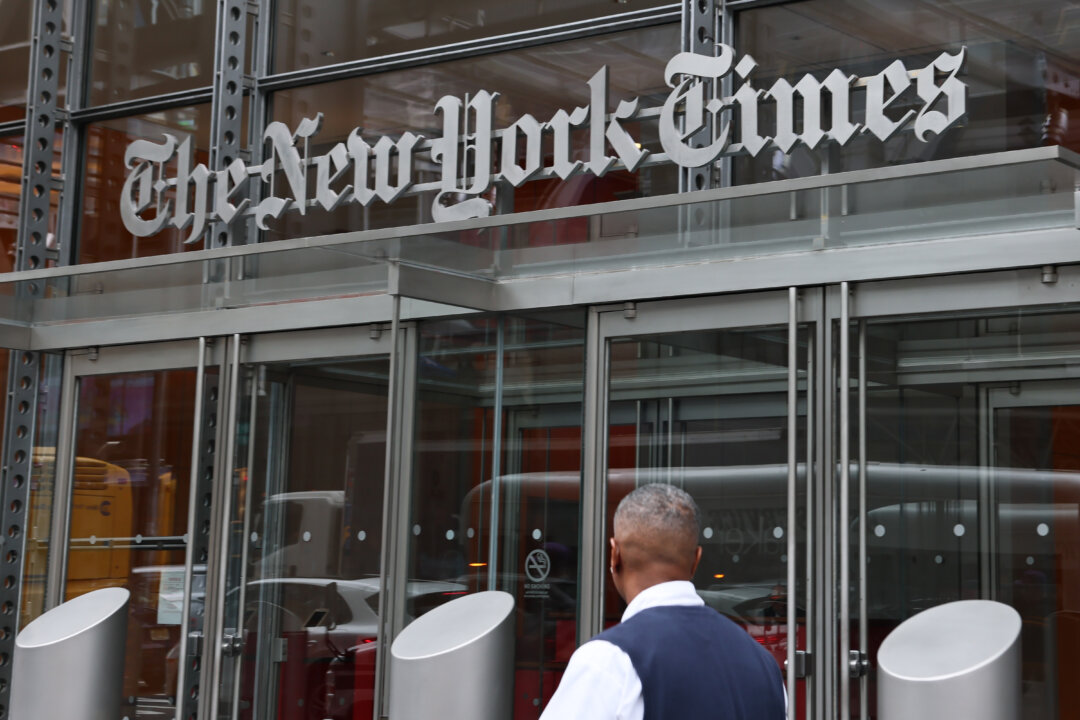

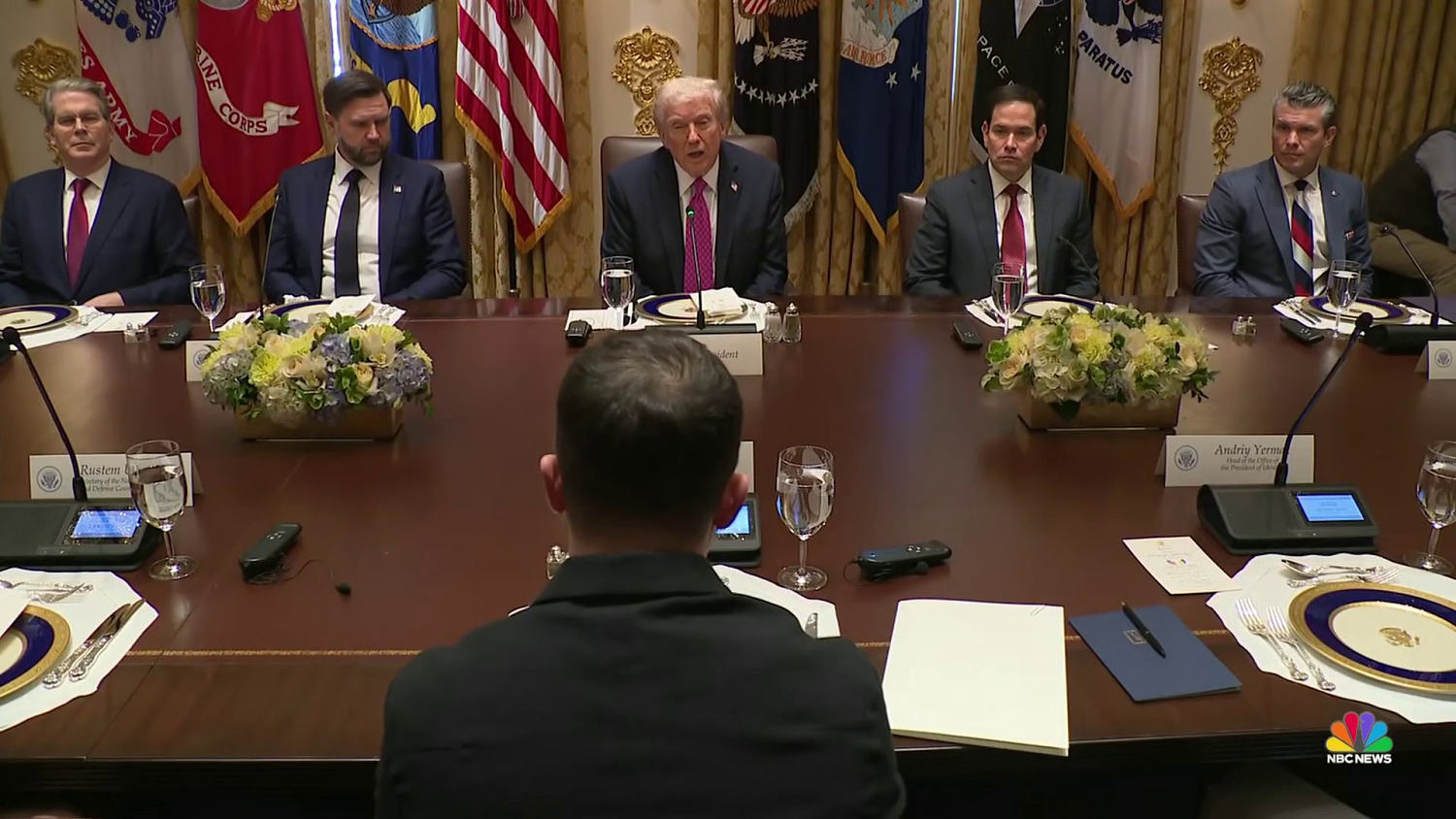

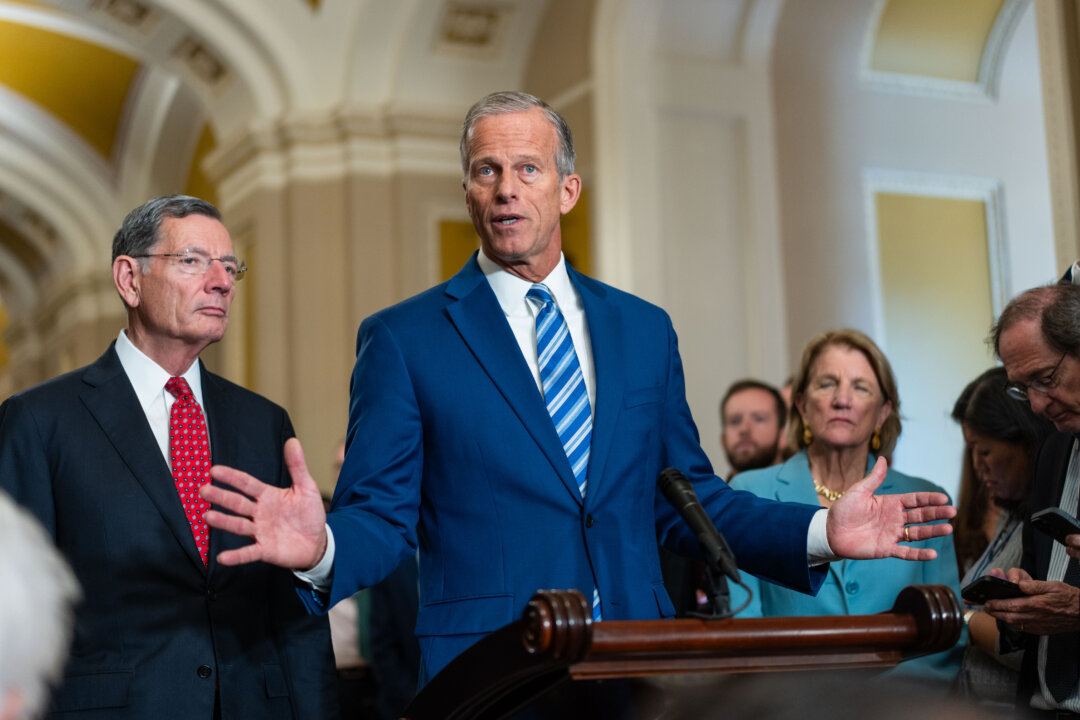

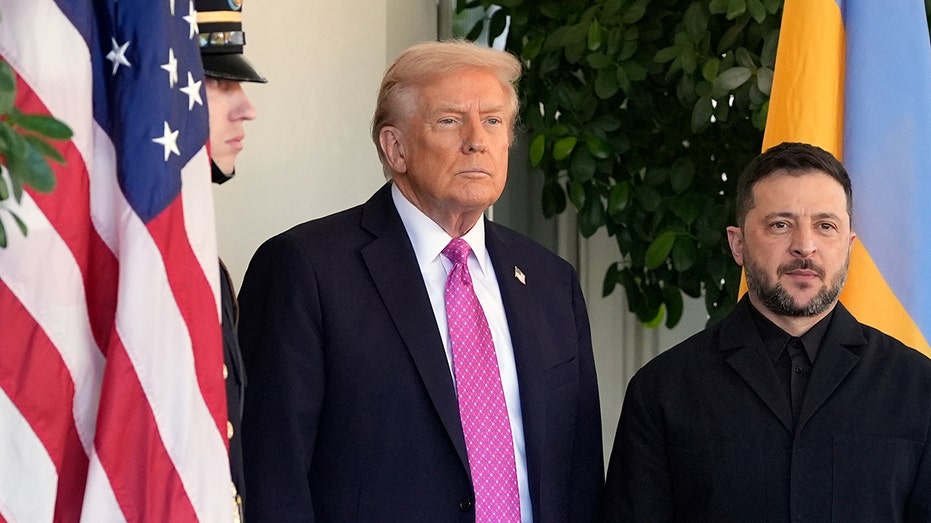

 English (US)
English (US)